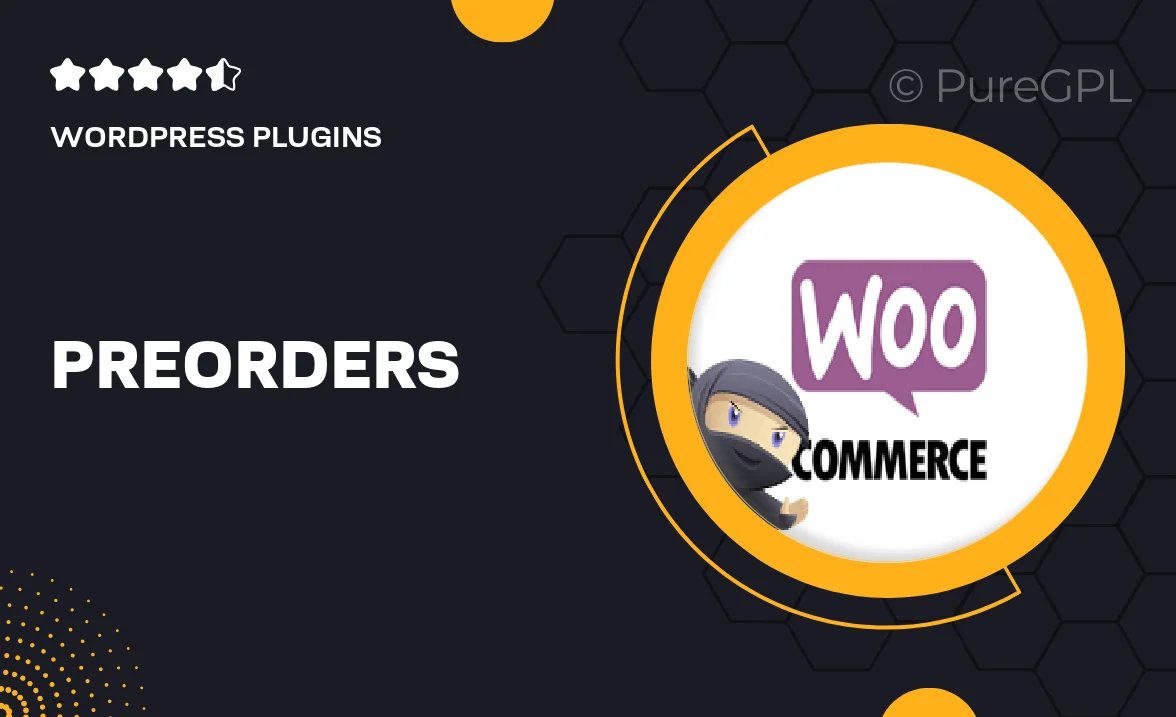Choose Your Desired Option(s)
About Pre-Orders
What are Pre-Orders?
Pre-orders are a popular marketing strategy used by businesses to generate excitement and anticipation for upcoming products or services. By offering customers the option to reserve a product in advance, companies can gauge interest, secure sales, and better plan their inventory and production. In this blog post, we will explore the benefits and drawbacks of pre-orders, as well as provide tips for both businesses and customers.
The Benefits of Pre-Orders
One of the main advantages of pre-orders is that they create buzz and hype around a product before its official release. By allowing customers to reserve a product ahead of time, businesses can build anticipation and generate excitement. This can lead to increased sales and brand awareness, as well as create a sense of exclusivity for those who pre-order the product.
Furthermore, pre-orders provide invaluable market feedback. By tracking the number of pre-orders, businesses can gauge the level of interest in a product and adjust their production and inventory plans accordingly. This helps to reduce the risk of overstocking or understocking, ensuring that there is enough supply to meet demand.
The Drawbacks of Pre-Orders
While pre-orders offer many benefits, there are also potential drawbacks to consider. One concern is that customers may become disillusioned if the final product does not meet their expectations. This can lead to negative reviews and damage to the brand’s reputation.
Another downside is that pre-orders require customers to make a commitment before they have a chance to fully evaluate the product. This can result in buyers’ remorse if the product does not meet their needs or if a better alternative becomes available before the release date. Additionally, pre-orders typically require customers to pay in advance, which means their money is tied up until the product is shipped.
Tips for Businesses
For businesses considering pre-orders, it is important to set realistic expectations. Provide accurate product descriptions, images, and release dates to avoid disappointing customers. Communicate openly and transparently about any delays or changes to the release schedule.
Offering incentives for pre-orders, such as exclusive discounts or bonus content, can also help to incentivize customers. Additionally, make the pre-order process as easy and seamless as possible, allowing customers to pre-order through multiple channels and offering different payment options.
Tips for Customers
If you are considering pre-ordering a product, it is important to do your research beforehand. Read reviews, watch demos, and gather as much information as possible to make an informed decision. Consider the reputation of the brand and their track record for delivering on promises.
Be aware of the potential risks associated with pre-orders, such as delays or unforeseen changes. Assess whether the benefits of pre-ordering, such as exclusive bonuses or limited availability, outweigh the risks.
Finally, always read the terms and conditions before pre-ordering. Understand the refund policy and any potential fees or charges that may be incurred.
Conclusion
Pre-orders can be an effective marketing tool for businesses and a way for customers to ensure they get their hands on hotly anticipated products. However, it is important to approach pre-orders with caution and to weigh the pros and cons before making a decision. By considering the benefits and drawbacks, and following the provided tips, both businesses and customers can navigate the pre-order process successfully.

